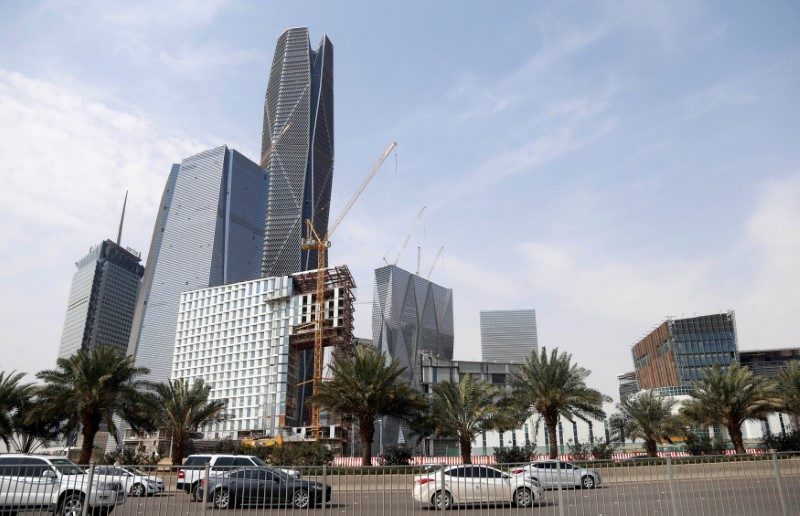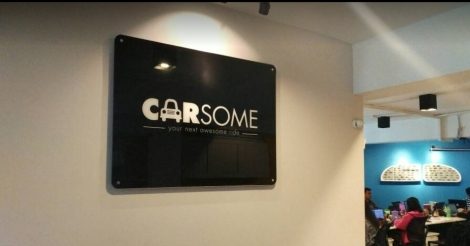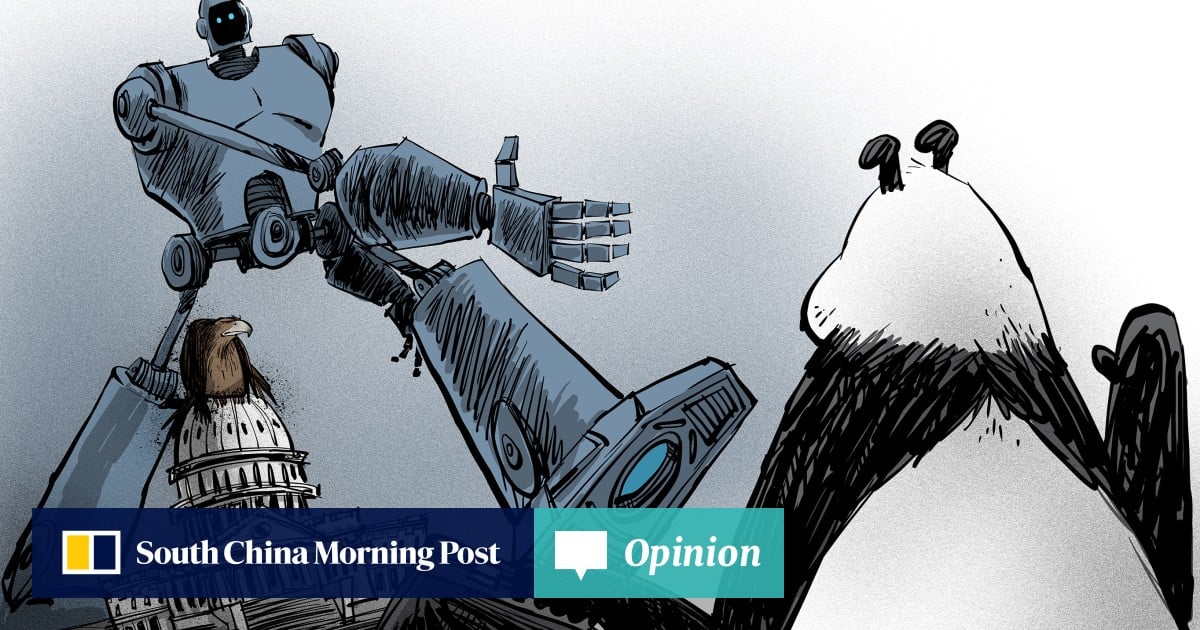SEOUL, South Korea — Samsung Electronics reported a 53 percent increase in operating profit in the second quarter compared to the same period a year ago, thanks to high memory chip demand fueled by the coronavirus epidemic, which more than offset dropping smartphone sales. Operating profit grew by 53.4 percent to 12.5 trillion won ($11 billion) in the April-June quarter, according to results projections issued by the world’s largest memory chipmaker. During the same year, Samsung’s income increased by 18.9% to 63 trillion won. Operating profit increased 9.4% quarter over quarter, while revenue fell 3.7 percent. The corporation does not provide any additional information about its outlook and will provide comprehensive earnings data later this month. Analysts say Samsung’s semiconductor sector is likely to have led the strong performance because memory chip prices have risen dramatically as clients stock up. DRAM costs may have increased by more than 20% in the second quarter compared to the previous quarter, according to Nomura. “We believe Samsung Electronics’ second-quarter shipping will likely outperform the consensus projection, and DRAM inventory will likely decrease further in the third quarter, thanks to robust demand,” wrote CW Chung, a senior analyst at Nomura, in a research released before the guidance. “As hyperscaler demand for server DRAM grows, DRAM production is shifting toward server DRAM.” Companies that provide cloud, networking, and internet services are referred to as hyperscalers. Among them are Google, Amazon, Facebook, Alibaba, and IBM, to name a few. According to TrendForce, a Taipei-based research firm, Samsung and other memory providers see no need to cut prices to boost sales because overall server memory procurement is likely to go up in the third quarter. Samsung’s outstanding success coincides with South Korea’s efforts to help its chipmakers lead the worldwide market by lowering taxes, easing restrictions, and nurturing talent as rivalry from rivals such as Taiwan Semiconductor Manufacturing Co. heats up. Last week, the Ministry of Industry, Trade, and Energy announced that it will enhance tax deductions for chipmakers’ investments in research, development, and infrastructure by categorizing semiconductors, along with batteries and vaccines, as essential national strategic technologies. Seoul isn’t the only one assisting its semiconductor makers. Under President Joe Biden’s leadership, the US is likewise keen to develop resilient supply chains in the chipmaking business in order to sustain the country’s technological advantage and oppose China’s challenge. According to Eugene Investment and Securities, Samsung’s smartphone shipments are expected to have dropped to less than 60 million units in the three months through June from 76 million in the previous quarter, due to lower demand from India and a production halt in Vietnam due to the coronavirus pandemic. According to Counterpoint Research, Samsung is the world’s largest smartphone maker, with 22 percent of worldwide market share in the first quarter, followed by Apple with 17 percent. As a second wave of coronavirus illnesses swept across India this year, TrendForce cut its annual growth rate forecast for total global smartphone production to 8.5 percent this year from a previous expectation of 9.4 percent./n
Read MoreSamsung 2Q profit soars 53% amid strong memory chip demand
2021-07-06T23:53:43-04:00July 6th, 2021|





